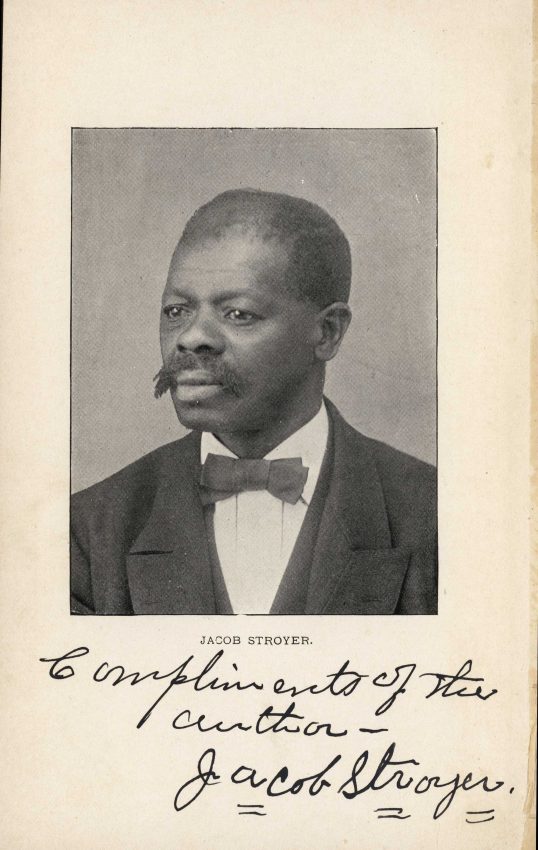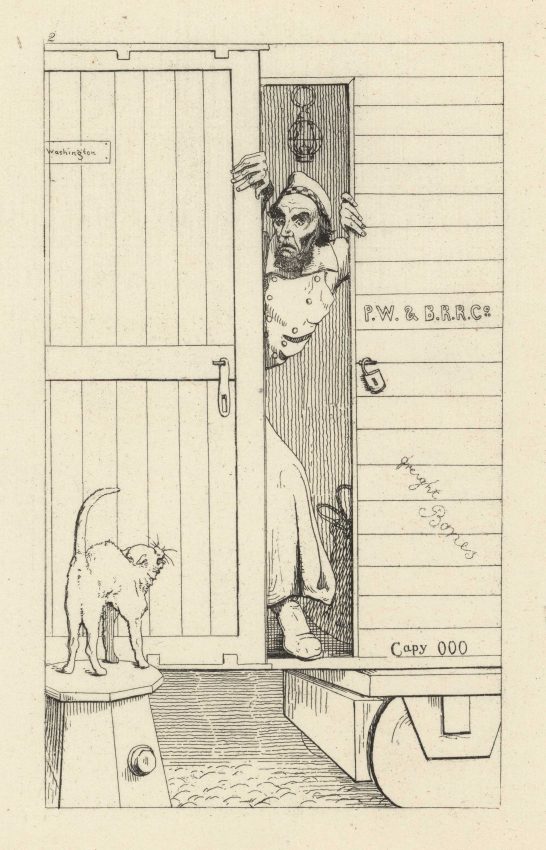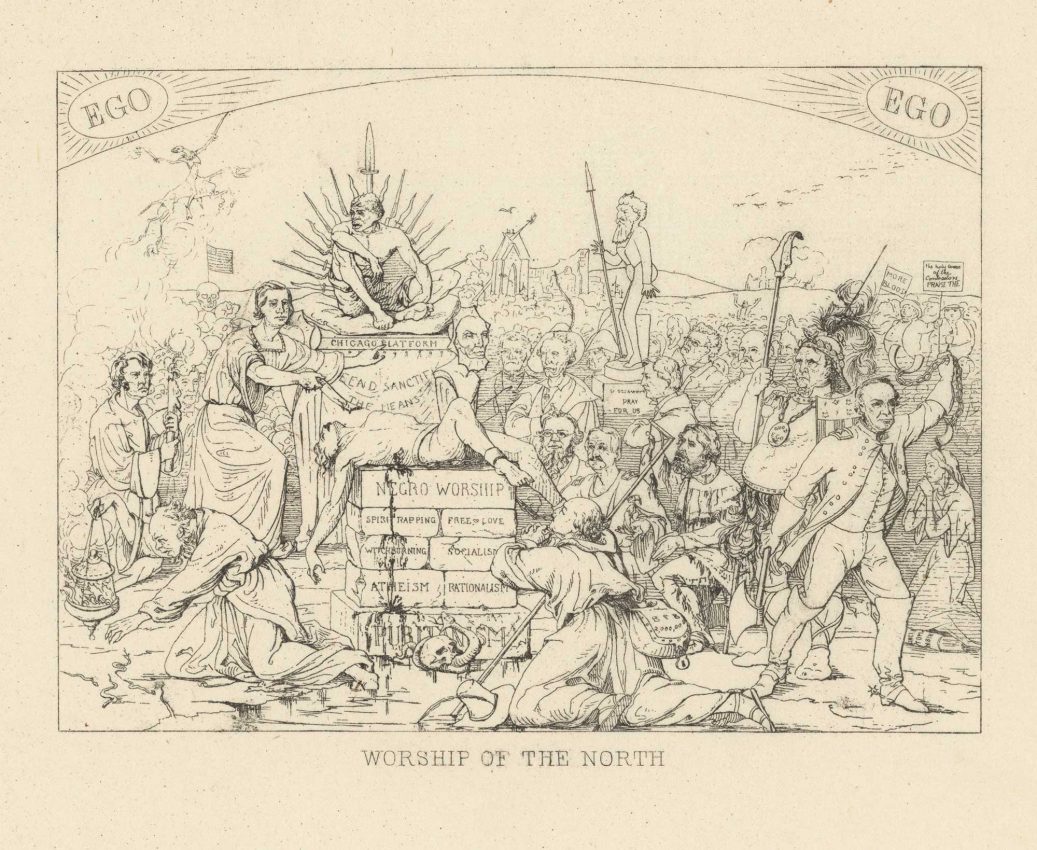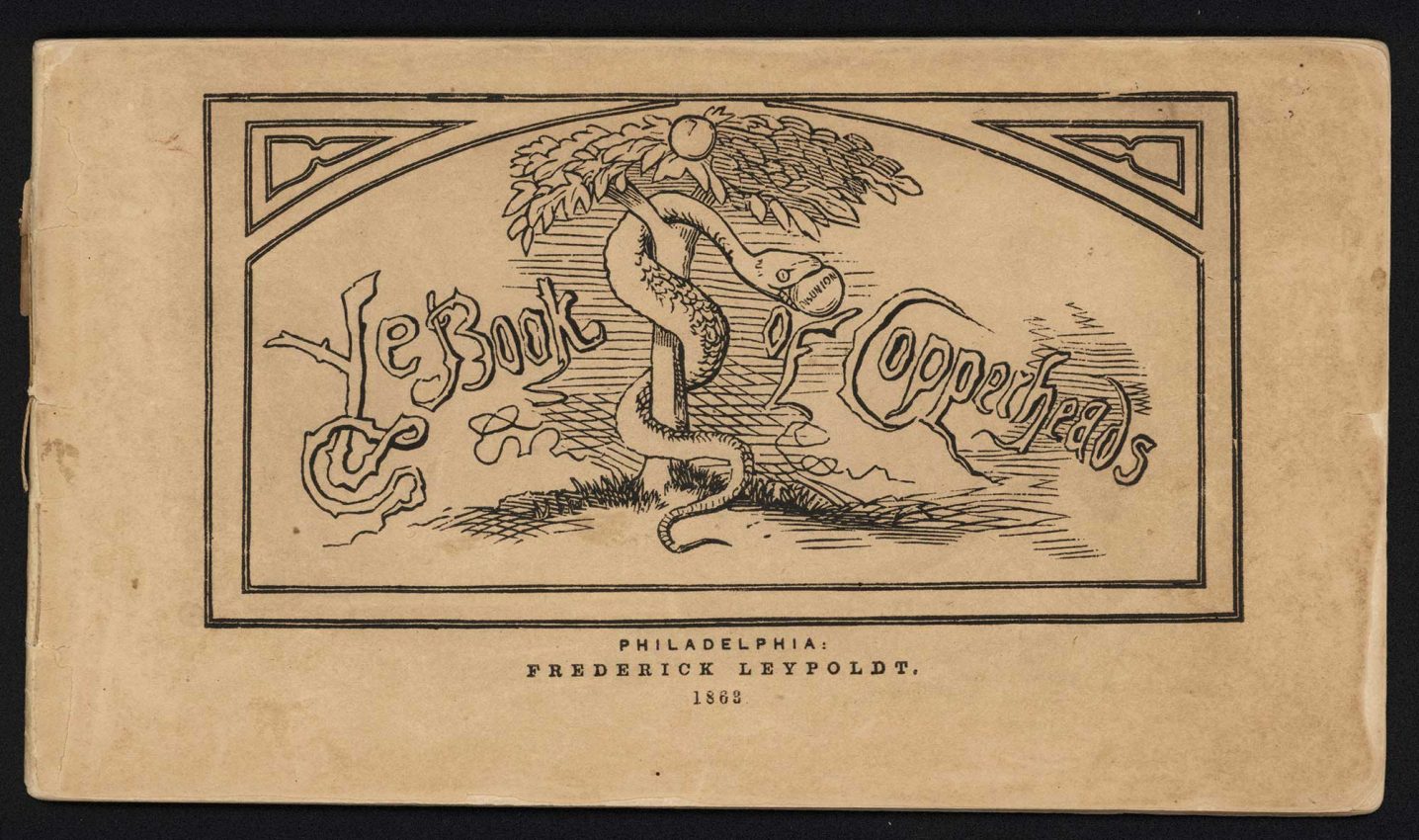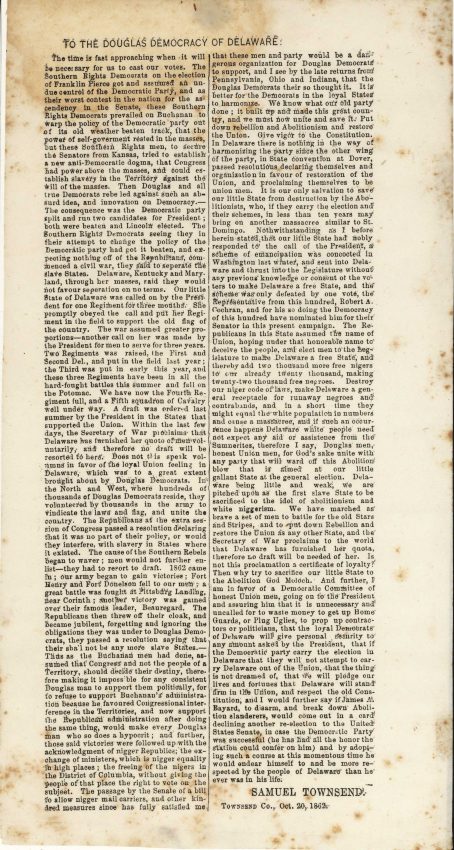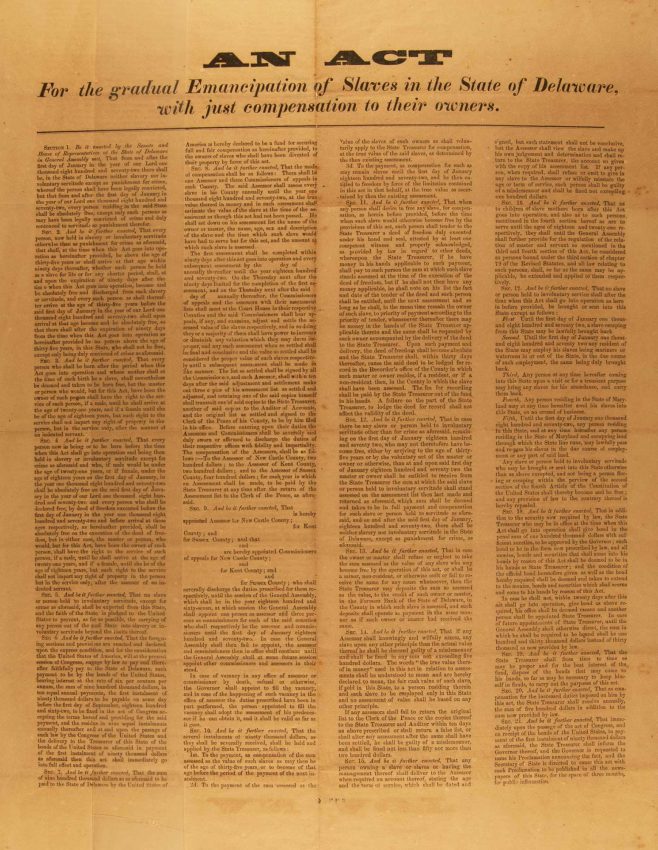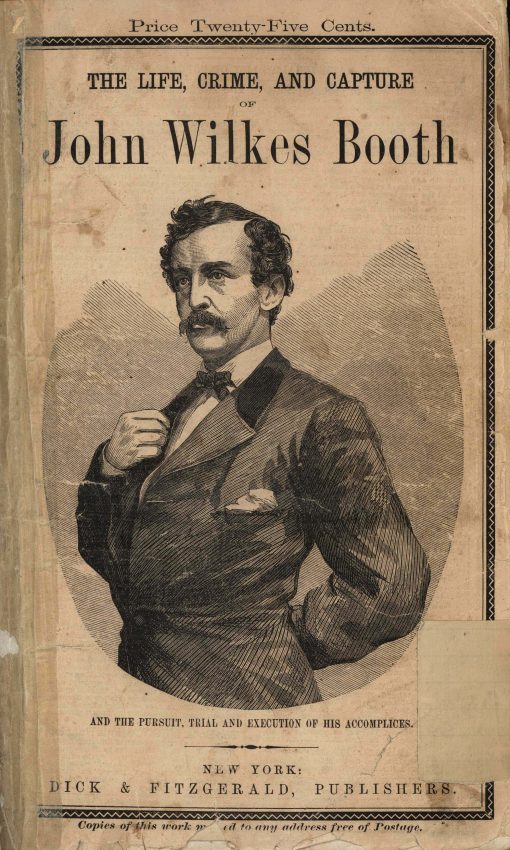Jacob Stroyer, 1846-1908. My Life in the South. Salem, Mass.: Newcomb & Gauss, 1898.
Jacob Stroyer was born into slavery on the Singleton Plantation, twenty-eight miles southeast of Columbia, South Carolina. Stroyer recounts his bondage in South Carolina and subsequently his career as an African Methodist Episcopal minister with special emphasis on the Civil War years.
"Passage through Baltimore"
Adalbert J. Volck, 1828-1912. Confederate War Etchings. [Baltimore: publisher not identified, 1863].
Born in Bavaria, Adalbert J. Volck (1828–1912) was a dentist, political cartoonist, and caricaturist who emigrated to Baltimore, Maryland. He was known for supporting the Confederacy during the American Civil War, doing so through his political cartoons smuggling items for the Confederate army, and personally assisting President Jefferson Davis by acting as a courier. Volck produced this series of satirical etchings in 1863.
"Worship of the North"
Adalbert J. Volck, 1828-1912. Confederate War Etchings. [Baltimore: publisher not identified, 1863].
Leland, Charles G, and H P. Leland. Ye Book of Copperheads. Philadelphia: Frederick Leypoldt, 1863.
“Copperheads” was the Unionists’ label for Northern supporters of the South, particularly the “Peace Democrats” who wanted a negotiated settlement of the war and a return to the Union “as it was.” Humorist Leland satirizes them in comic verse and cartoons.
Samuel Townsend. “To the Douglas Democracy of Delaware” [broadside], October 20, 1863.
Samuel Townsend was an outspoken Delaware Democrat, who, although strongly pro–Union, was ardently against abolition. In this broadside, Townsend exhorts Delaware Democrats to unite against the “Abolition God Moloch,” asserting that if Republicans were successful in the next election and passed pro–abolitionist legislation, the nation would face an uprising of former slaves similar to the 1791 slave revolt in Haiti.
A Proclamation, known as the "Emancipation Proclamation."
This document was signed by Lincoln and printed in Philadelphia by Frederick Leypoldt, on or about June 6, 1864. It was co-signed by Secretary of State William Henry Seward and attested to by Lincoln’s private secretary, John G. Nicolay. This signed broadside edition of the Proclamation is one of forty-eight copies originally printed to be sold as fundraisers at the Great Central Sanitary Fair held in Philadelphia, June 7 to June 29, 1864. Only about twenty copies are known to exist today. Displayed is a facsimile of the original owned by the University of Delaware Library.
George Alfred Townsend, 1841–1914.
The Life, Crime, and Capture of John Wilkes Booth: with a Full Sketch of the Conspiracy of which He was the Leader, and the Pursuit, Trial and Execution of His Accomplices. New York: Dick & Fitzgerald, [1865].
Delaware native George Alfred Townsend became one of the most celebrated Civil War journalists and his account of the assassination and the events that followed is one of the most important contemporary accounts.

